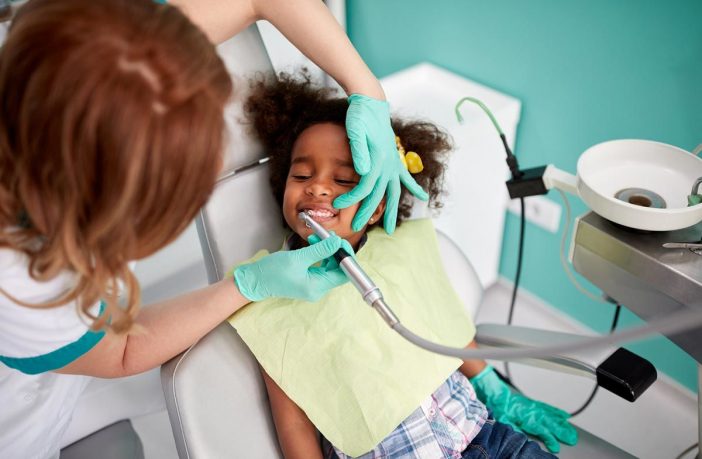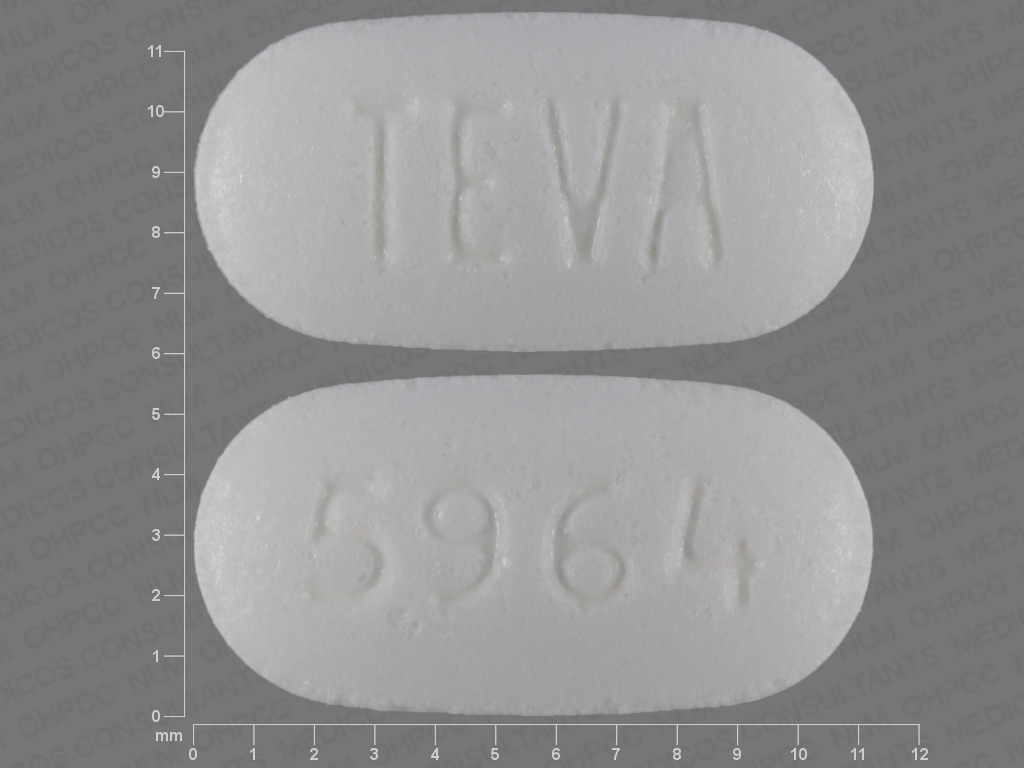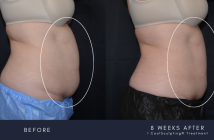If you’ve recently been to the dentist, and experienced a unique negative reaction to the dental treatment, there may be a variety of causes. Even before visiting the dentist, it is important to know what types of dental complications may arise and how those dental complications may be related to medications you are taking or related to pre-existing health complications.
In dental treatment, when an adverse reaction occurs, it is generally classified as either a type A or type B reaction. Type A reactions involve those that augment a current complication and type B reactions involve those that are considered rare, unique or bizarre in the realm of dentistry. In Type A reactions, the dentist can usually predict, or expect, the reaction to occur based on your prior medical history. In type B reactions, the complication is often not expected and is considered odd to the type of treatment you have sought.
In terms of type A reactions, your medications can expect to cause some complications following dental care. For example, antidepressants, antipsychotics, diuretics, histamine blockers and even bronchodilators and drugs used to manage HIV, can lead to complications of xerostomia, or excessively dry mouth. For this reason, it is important to let your dentist know what medications you are taking so as to be prepared for these dental reactions.
In contrast to xerostomia, some dental patients develop type A reactions to dental treatment that involve the overproduction of saliva, also commonly referred to as drooling. While there are many drugs that can cause drooling, or sialorrhea, this most commonly occurs in patients who are taking the antipsychotic drug, clozapine. Because you may not be able to change medications prior to your dental treatment this, again, needs to be revealed to your dentist and work to manage the complication before it arises.
Taste disturbance is another adverse type A drug reaction that can arise during and after dental treatment. Taste disturbance often arises in patients who have an immediate history of using penicillin products. When consulting with your physician about this risk, prior to undergoing dental treatment, the dentist may recommend supplementing your diet with zinc. Zinc, as a supplement, provides many health benefits, including the promotion of taste acuity.
According to dentist in Marlborough, dental complications are common. This is why it is really important to always consult with your dentist so the condition of your teeth will be monitored priofesionally. In most cases, dental complications arise out of the use of pre-existing medications and can be classified as type A reactions. With a type A reaction, your dentist is generally prepared, or expects, the reaction to occur. When suffering from adverse reactions of dry mouth, drooling or change in taste acuity, consult your dentist about the possible implication of a type A reaction due to your medication usage.






